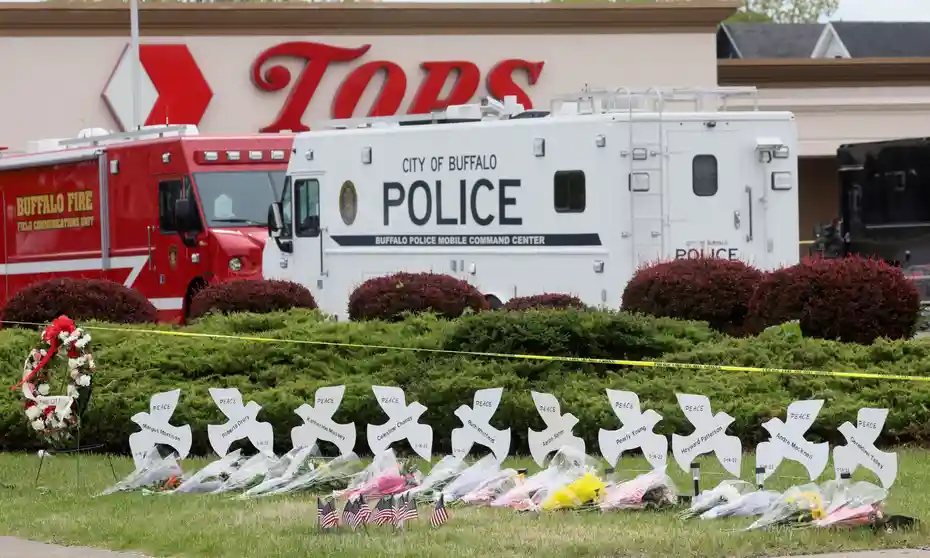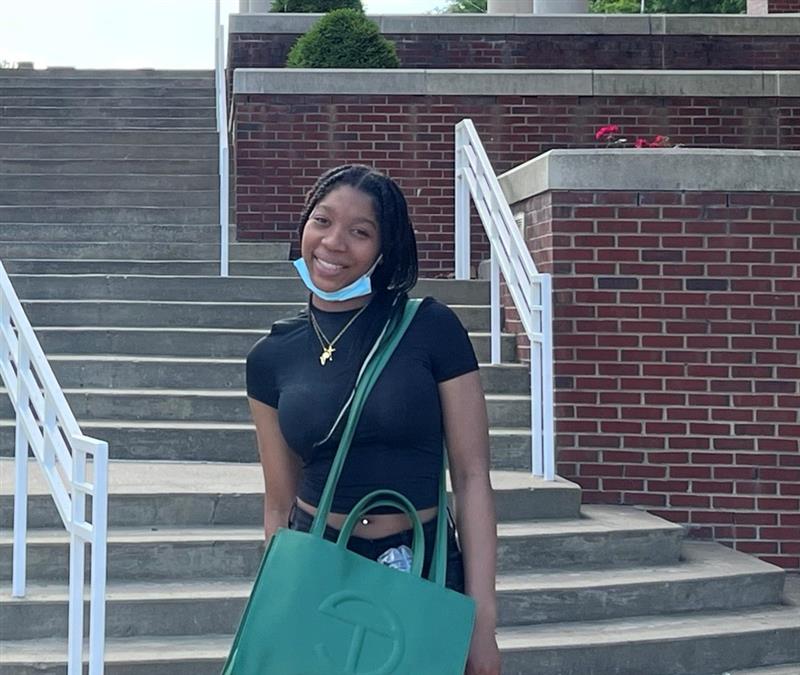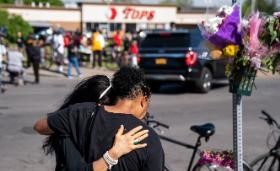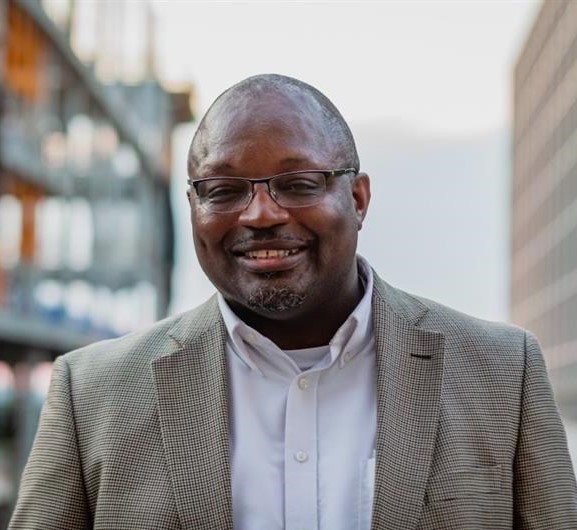NASHVILLE, Tenn. (TSU News Service) – More than 700 miles away from Tennessee State University, the 198th mass shooting of 2022 in Buffalo, New York, has impacted communities across the country. TSU psychology and history experts and an incoming student from New York said the attack was extremely personal.
Incoming freshman Michkayla Lewis, who starts classes at TSU in the fall, said the attack has put fear into her community. The Elmont, New York native lives in a predominantly Black neighborhood, about 400 miles from Buffalo.
“I don’t know if I can ever see New York the same,” Lewis said. “It’s really scary. I always had a fear of something like this happening,” she said.
“To target older people … what does that mean for my grandparents?”
On May 14, the predominately black community was a target of racist rage when a white supremacist carried a semi-automatic rifle into the Buffalo neighborhood, killing 10 residents inside the community’s Tops Grocery Store, and traumatizing those who watched it all unfold across the country.
Dr. Thurman Webb, associate professor of psychology and program coordinator, and Dr. Learotha Williams Jr., associate professor of African American and public history, both expressed their outrage and sadness regarding the incident. Both agreed that the anxiety, a result of the mass killing, will have far-reaching consequences for years and even centuries to come.
“If anyone had a right to mental illness, it would be people of color,” Webb said. “These shootings are becoming almost like common news. It affects me a lot.”
Noting that May is National Mental Health Awareness Month, Webb mentioned African Americans have made headway in the stigma of mental health. Sixteen percent (4.8 million) of African American people reported having a mental illness, and 22.4 percent of those reported a serious mental illness over the past year, according to Mental Health America. Black adults are 20 percent more likely to report serious psychological distress than others, reports show.
Webb said rather than disassociating from the trauma, understanding how it impacts “our daily decisions” is best, stating that as a Black community, continuing to speak truth to power is key.
“And I don’t mean just verbally, your actions are a communication too,” he said. “Stay diligent. Don’t let this become familiar. This is not normal.”
As of May 26, the country has seen 214 mass shootings this year, according to the Gun Violence Achieve.
Police identified the Buffalo gunman as Payton Gendron, 18, who lives 200 miles southeast of Buffalo – which is among the 20 most segregated cities in the country, according to the 2020 Census.
“My reaction was very similar to when I saw George Floyd get killed, when I saw our folks who were slaughtered in Charleston,” Williams said. “It went from anger, to sadness … frustration and right now, I am alternating between rage and despair.”
In the midst of grieving for the Tops Grocery Store victims in Buffalo, just 10 days later the country witnessed yet another mass shooting at an elementary school in Uvalde, Texas, that led to the death of 19 children and two adults.
As a historian, Williams said he has witnessed attacks throughout American history, “where the pain and the suffering endured are often times ignored or marginalized … to the point where people think we can absorb these bad things.”
In connection with the Buffalo shooting, Gendron was indicted on one count of first-degree murder. But Williams said, it appears, history repeats itself.
“You see acquittal, after acquittal,” he said. “Being consumed by despair is an understatement.”
As the Senate unanimously passed an anti-lynching legislation this year, Williams mentioned how it took more than a century to do so, and how an anti-Black hate crime legislation has yet to become law.
“It speaks to the valuation of Black life in terms of it being less than,” William said.
Webb stated individuals should seek help if they have become depressed or anxiety-ridden over the New York shooting or the recent tragedy in Texas.
The Tennessee State University Counseling Center (UCC) offers counseling and psychological services, crisis support and intervention, and campus outreach and consultation. The goal of the counseling program is to improve the health and wellness of all students and across broader communities.
To schedule a session or access forms about telehealth counseling, email [email protected] or call the counselors office at 615.963.5611.
Department of Media Relations
Tennessee State University
3500 John Merritt Boulevard
Nashville, Tennessee 37209
615.963.5331
About Tennessee State University
Founded in 1912, Tennessee State University is Nashville’s only public university, and is a premier, historically black university and land-grant institution offering 38 bachelor’s degree programs, 24 master’s degree programs, and seven doctoral degrees. TSU is a comprehensive research intensive institution with a R-2 Carnegie designation, and has a graduate school on its downtown Avon Williams Campus, along with the Otis Floyd Nursery Research Center in McMinnville, Tennessee. With a commitment to excellence, Tennessee State University provides students with a quality education in a nurturing and innovative environment that prepares them as alumni to be global leaders in every facet of society. Visit the University online at tnstate.edu.




